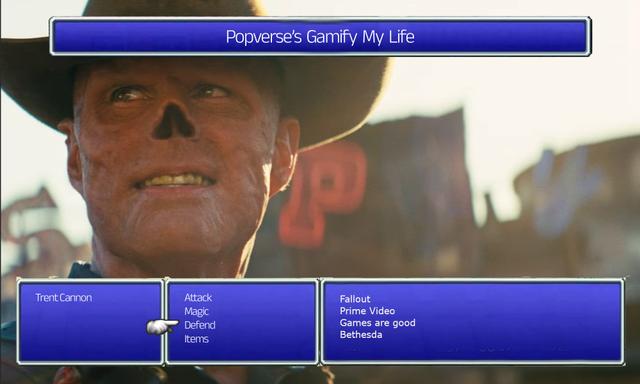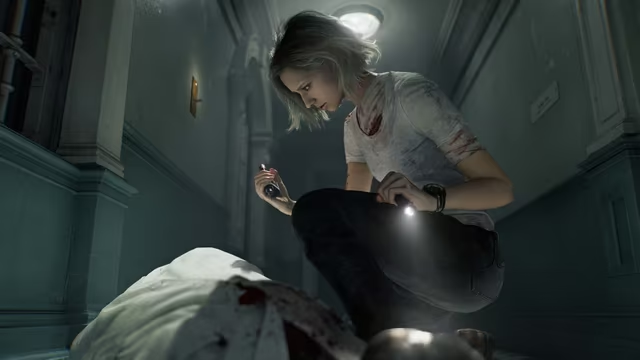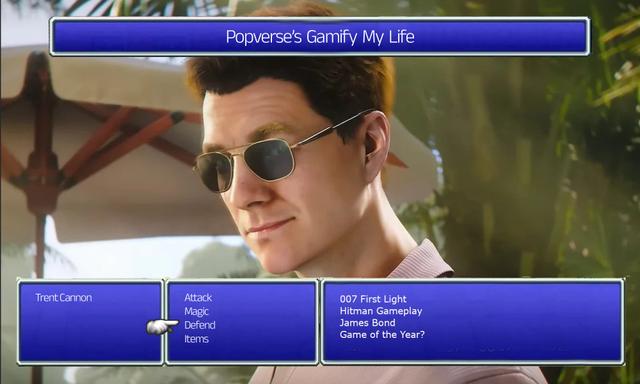If you click on a link and make a purchase we may receive a small commission. Read our editorial policy.
The great Spider-Man "rip-off:" Marvel artist says his work was "plagiarized" by another, and that artist says Marvel told him to do it
Marvel Comics published a Spider-Man cover homaging a classic one, but one of the original artists says it went to far and "plagiarized" the whole thing

Popverse's top stories
- Prime Video's Spider-Noir trailer is here, featuring a web-head with a drinking problem and... Electro?
- Daredevil: Born Again stars Charlie Cox, Krysten Ritter, and Wilson Bethel go from Hell's Kitchen to the Windy City for C2E2 2026!
- Marvel cuts its new Hulk ongoing comic after just 10 issues, but creators say that was the plan and there's already a sequel underway
What is the difference between being inspired by something, homaging something, and straight-up plagiarizing something? While there is sometimes a grey area to that, a recent Amazing Spider-Man cover from Marvel Comics has seemed to go over that line, especially for one of the original artists. After the accusations went public, it has gone to the point a publisher has been asked not to use the art in future marketing.

The cover in question is 2023's Amazing Spider-Man #26 variant by Tyler Kirkham and Ceci de La Cruz, originally created as an exclusive for the comic store Spectral Comics out in Oyster Bay, New York. It is, as referenced in Kirkham's signature, based on a piece by 'the Romitas' - that is, John Romita Jr. and his father, John Romita, in their 1998 Peter Parker: Spider-Man #1 variant colored by José Villarrubia for the online store Dynamic Forces. Kirkham's version does not credit Villarrubia.
Here's where things might get confusing.
Homaging vs. Plagiarism in comics
Comic artists often to new illustrations based on those of the past in what has been termed 'an homage' - using the basic layout of someone else's piece but then illustrated in the new artist's style, and oftentimes with new characters. This came into fashion in the mid-80s with artists like John Byrne basing some illustrations on Jack Kirby and others, to the '90s when Rob Liefeld would do the same, and has now become an indelible part of the variant cover game in modern comics. But in almost all of those cases, the artist doing the 'homaging' is drawing it in their own style.
With Tyler Kirkham's Amazing Spider-Man cover, however, the original color artist Villarrubia is saying it's over the line - whether or not he states whom he "plagiarized" the image from.
The Amazing Spider-Man "rip-off" according to artist José Villarrubia

"The Tyler Kirkham variant cover for Amazing Spider-Man #26, colored by Ceci de la Cruz, is not an homage. It is a rip-off," he writes on Facebook. "Just because something credits something it does not mean it is not plagiarized. It is not enough to call something an 'homage' to be one. In any case rip-off or plagiarized, tomato, tomahtoh."
Villarrubia has been an active part of comics since the mid-'90s, and his acumen for art goes well beyond that. For the past 14 years, Villarrubia has also been leading the comics art curriculum at the Maryland Institute College of Art, and for five of those years, he was the chairperson of the entire Illustration department. He's been teaching comics and illustration, and these are the kinds of things one could assume he'd be cautioning his students against.
As he says, he has no qualms with a homage, pointing out one of several times Romita Jr. has homaged their piece. Romita has done it on at least two occasions, and Villarrubia talks about one of those, 2013's Amazing Spider-Man #43.
"For his Amazing Spider-Man #43 cover (center), the new version was inked by Scott Hanna and colored by Dan Kemp," writes Villarrubia. "Each of them did not try to mimic what was done before. It’s clearly inspired by the original, but it adds something new. It is not a trace, not a copy. It is respectful and creative. You would not mistake both images, in their pencilling, their inking or their coloring."
Marvel's part in these accusations of Spider-Man "plagiarism"
Kirkham is the subject of a new book collecting his Marvel art, titled, fittingly enough The Marvel Art of Tyler Kirkham. Prior to Villarrubia's public comments about the alleged plagiarism, Kirkham's rendition of the Romitas' cover was posted on the publisher Clover Press' Instagram account on June 4 as part of the marketing of the book. Since Villarrubia's comments have been made public, the post can no longer be found on the publisher's Instagram page, and Kirkham reportedly has said he asked for this and other "homage covers" not to be used as marketing following these accusations.
In explaining his side of things, Kirkham wrote on Facebook (as reported by The Beat) that it was Marvel who asked him to recreate this cover.
"I was literally hired to do this recreation of the cover by Marvel. That's why I give credit to the original artists," Kirkham writes on Facebook. "I'm not creating these for fun to sell on my own. I go through the official Marvel channels. I draw what they ask and get everything approved."
Kirkham hasn't specified if Marvel asked him to base his piece on the original to this level of detail, but it can be assumed Marvel Comics would have had to approve Kirkham's decision to copy the original illustration to this level of detail, approving it enough to publish it.
In a seemingly unrelated but very coincidental subsequent post however, Villarrubia says that there is confusion on who commissions some variant covers. In the case of store-specific variant covers, Villarrubia says store-specific variants are "commissioned" not by Marvel, but by the store. In the case of both the original Peter-Parker: Spider-Man #1 cover and in this Amazing Spider-Man #26 cover, they are both variants for specific stories - the online store Dynamic Forces, and the brick-and-mortal Spectral Comics.
We're unable to verify if what Villarrubia says here is true in all cases, as he says, as it would also conflict with what Kirkham says happened in this case. Either way, however, Marvel ultimately approved and published both covers.
Villarrubia's accusations of plagiarism in this case isn't a legal question, but more of an ethical one - as the line between inspiration, homages, and plagiarism continues to be blurred.
Get ready for what's next with our list to upcoming comics and how to buy comics at a comic shop, and our guide to all the free comics you can get with this year's Free Comic Book Day and Comics Giveaway Day.
Follow Popverse for upcoming event coverage and news
Find out how we conduct our review by reading our review policy
Let Popverse be your tour guide through the wilderness of pop culture
Sign in and let us help you find your new favorite thing.
















Comments
Want to join the discussion? Please activate your account first.
Visit Reedpop ID if you need to resend the confirmation email.